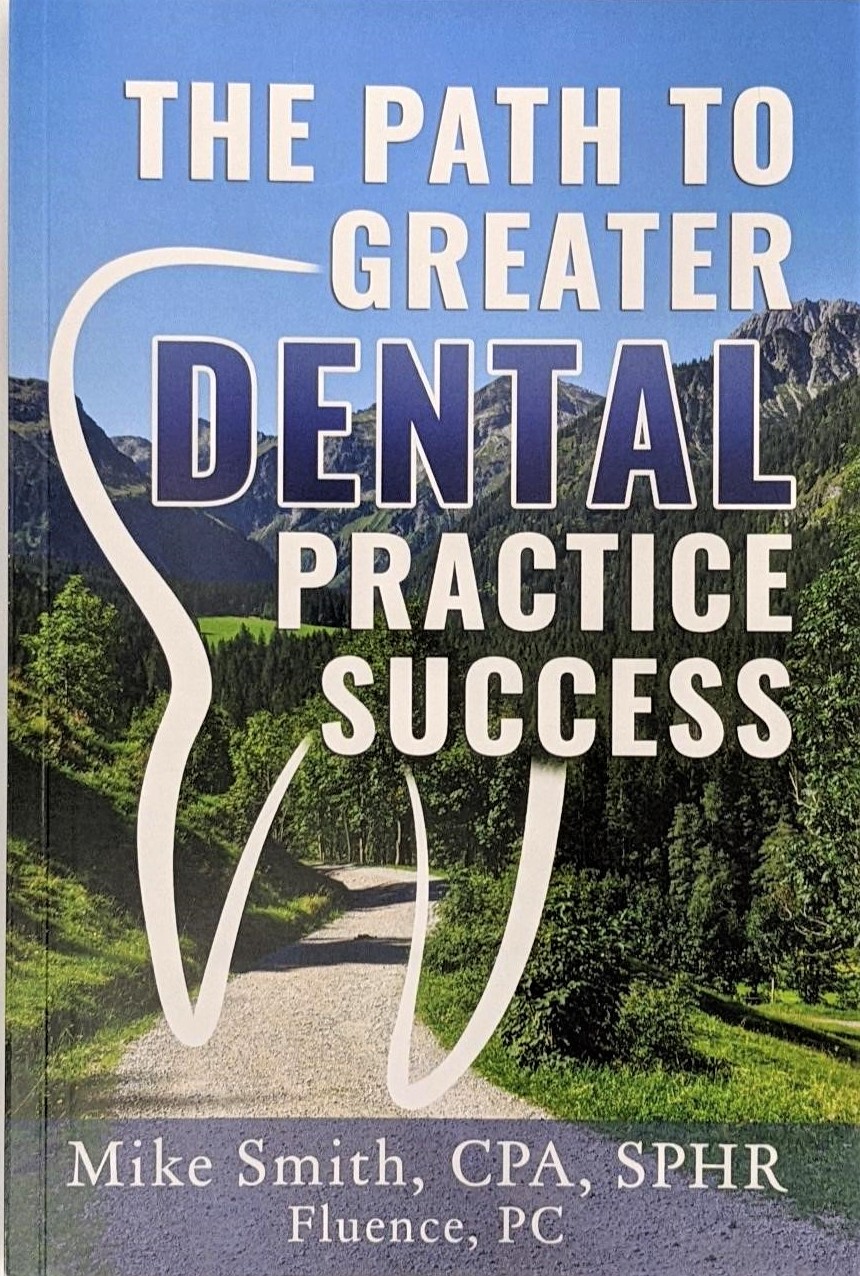The late actress Katharine Hepburn once said, “Death will be a great relief. No more interviews.” Interviews are challenging. Not only does the interview create nervousness on behalf of the interviewee, but there is also pressure on the interviewer. The cost of hiring the wrong person can be substantial.
In order to increase the odds of hiring the right person, you need to be aware of how bias can impact your decision making. For example, you may find yourself biased in favor of a candidate because her background is like yours; however, this bias may cause you to overlook a glaring weakness in her skillset that does not make her a good fit for the position. Or, you may judge another candidate poorly because he is not dressed as well as other applicants. Your judgement may get in the way of hearing the great qualities the candidate possesses for the position.
There are many types of bias that can get in the way of hiring the right person. What follows are five of the most common types along with what you can do to mitigate the impact.
- First Impression: While first impressions are important, keep in mind that interviewees are often nervous. It takes time to get to know someone. Ask detailed questions to learn more about the candidate.
- Halo Effect: The halo effect occurs when you rate a candidate well due to a single quality while ignoring other facts. Challenge yourself to base your assessment on a full range of experience, skills, and attributes.
- Horn Effect: This is the opposite of the halo effect. With the horn effect, you evaluate the candidate based on one negative characteristic while overlooking everything else. Evaluate candidates based on all of their attributes instead of letting one influence your decision.
- Stereotyping: While you may not think you have this type of bias, it is unfortunately common to stereotype candidates during an interview. For example, you may incorrectly assume an older candidate will be slow to pick up on new technology. If you allow stereotypes to influence your decision, you will miss out on great employees.
- Contrast Bias: When you compare candidates to each other or to a single candidate, you end up with contrast bias. If one candidate is weak, for example, everyone else may seem better than they really are by comparison. It is much better to rate candidates independently on how they meet the requirements for the position.
Mitigating the impact of bias during an interview will make you much more effective at evaluating candidates. Remember, finding the right fit for an open position requires more than just posting an ad. You need to be able to set biases aside during an interview to recognize the right fit for the position.
Mike Smith is the author of The Path to Greater Dental Practice Success. Please ask for a copy of the book to learn more about interviewing with confidence, strengthening leadership, building strong teams, and much more.

